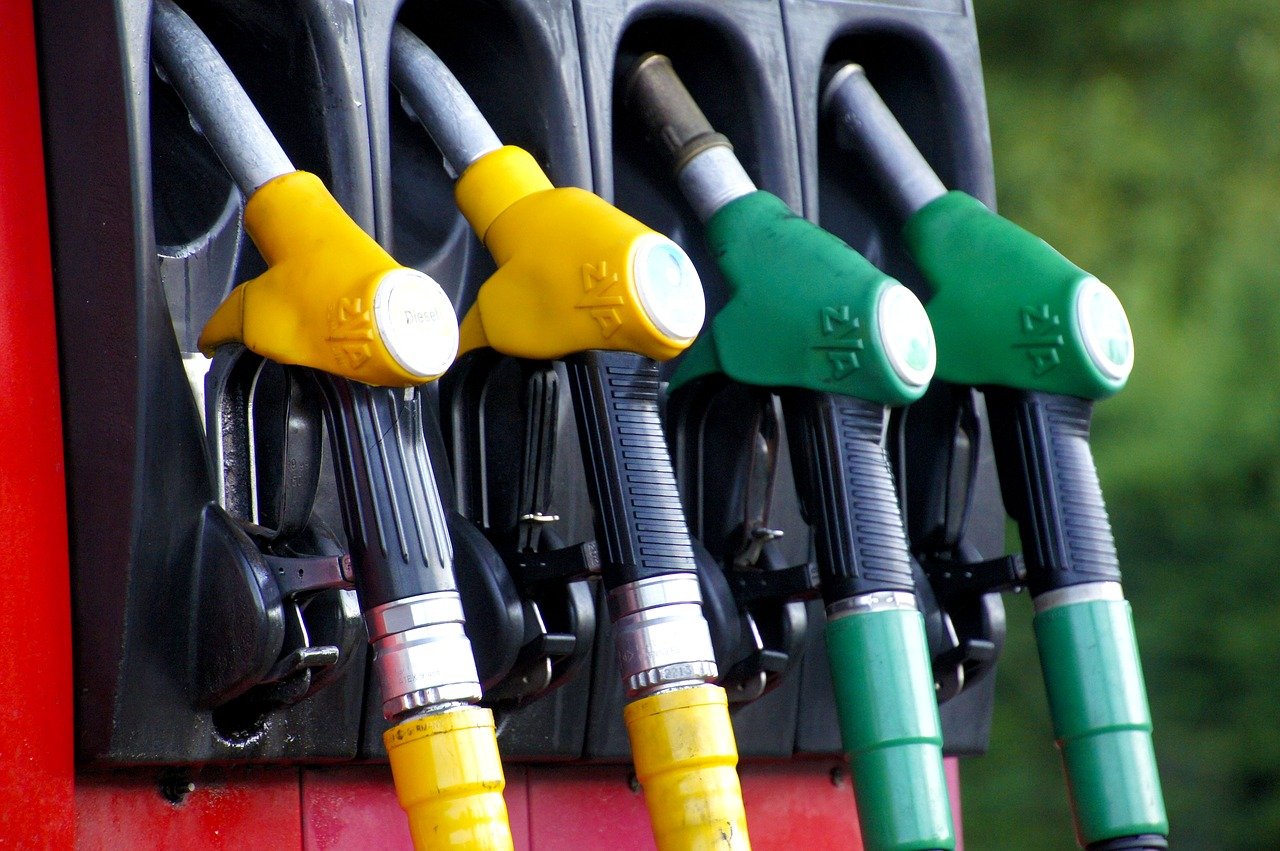The UK’s recent fuel crisis has made life more difficult for people across the country. Indeed, average pump prices hit a new record high in March with petrol topping £1.67 a litre and diesel close to hitting £1.80 for the first time. This has translated into the cost of filling an average family car with petrol at more than £92 and nearly £99 for diesel. But what actually makes up the cost of the fuel we buy?
The different costs of fuel
35 per cent of the cost of fuel is comprised of fuel duty. This makes up the largest proportion of the cost of fuel. Meanwhile, 33 per cent of the price you pay is for the cost incurred by the supplier to source the fuel. On top of this, 17 per cent of the price is another tax called VAT. From there, eight per cent of the cost goes towards profit for the retailer, while one per cent goes towards supply and delivery costs. As you can see, there are plenty of different parts that make up the cost of fuel.
Fuel duty
You’ll notice that a significant portion of the cost of fuel comes from fuel duty. This is a government tax which makes up part of the price when you buy petrol, diesel or other fuel for vehicles or heating. Over the last 11 years, for petrol and diesel, fuel duty has equated to 58p per litre. And as a result, the government has brought in £28bn per year from this tax. However, with the recent fuel rises following Russia’s invasion of Ukraine, the government has cut this figure down to 53p per litre. Given that the price rise in fuel means that VAT will be higher, the government is still bringing in more tax from fuel compared to this time last year.
How to remain secure financially as fuel rises
There are ways to try and remain financially secure amidst these fuel rises though. One option is to ensure that you protect yourself from any surprise costs. You can do this by considering what is gap insurance? This form of insurance protects you from paying out huge amounts if you have a new car written off. Alternatively, you can try making fewer car journeys, drive more efficiently or look into using public transport more often instead.
There are many different components to the cost of fuel. But with supply diminishing, the overall cost is rising significantly. This will hit everyone’s pockets, but by following the advice above, you should be able to have peace of mind that you can navigate the fuel crisis without too much trouble.

